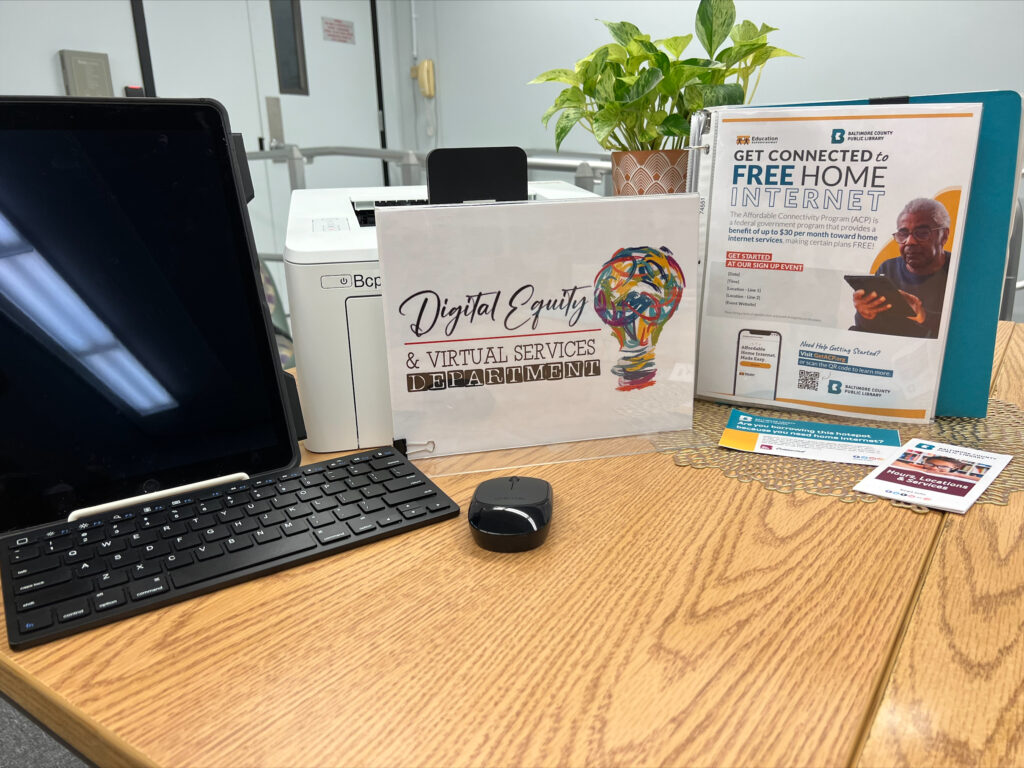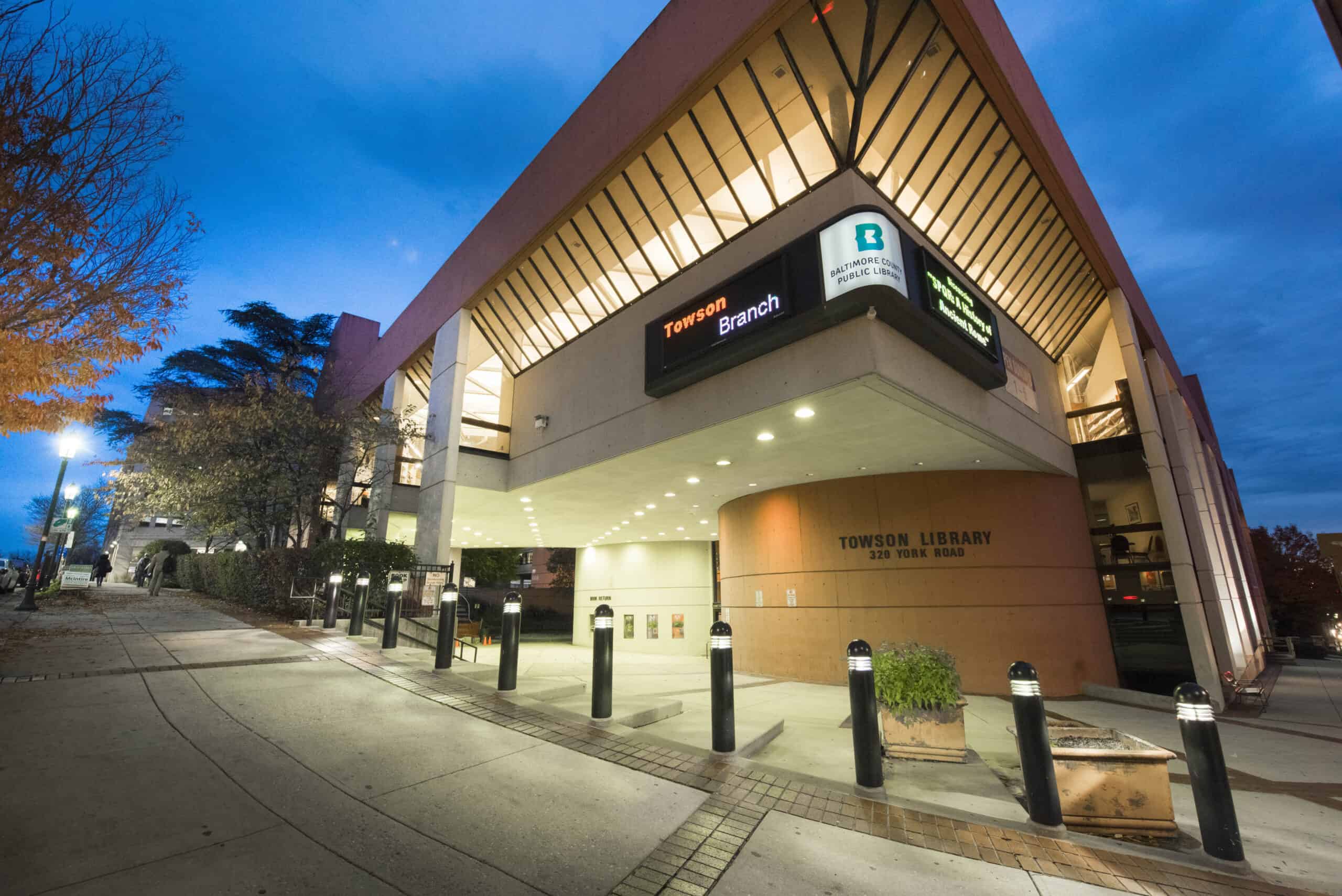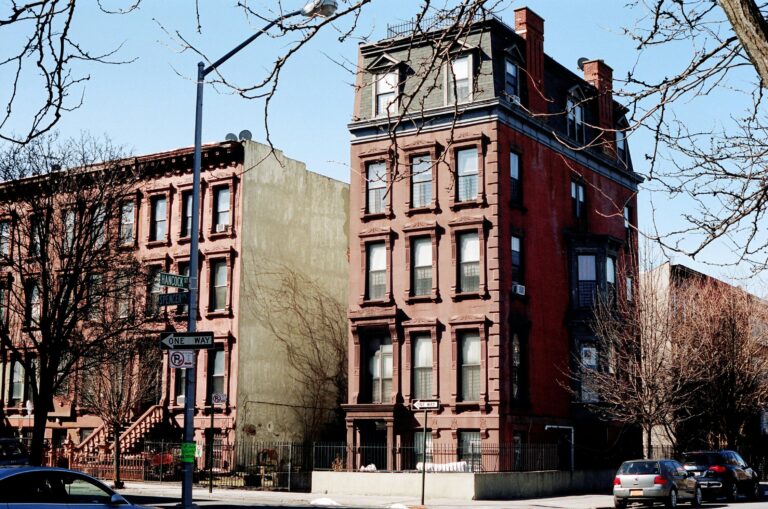Libraries have always played a critical role in accelerating digital adoption. A report by the American Library Association (ALA) states that 88% of all public libraries offer formal or informal digital literacy programming to community residents. However, the unprecedented investments in broadband included in the Infrastructure Investment and Jobs Act (IIJA), provide a unique opportunity for library workers to lend their expertise in helping underserved and unserved low-income households and those disproportionately impacted by the broadband affordability gap to enroll in the Affordable Connectivity Program (ACP) and get online.
Baltimore County Library Leading the Way
Since the beginning of her tenure in mid-2022, it was imperative to Alex Houff, Digital Equity and Virtual Services Manager, to “establish a vision for a connected Baltimore county and what it takes to make that happen.” To accomplish that mission, she noted three things had to occur:
- Increase hot spot availability through libraries
- Increase availability of connected devices (Chromebooks) for the area’s most socially vulnerable as a priority
- Develop an understanding that the first two solutions are short-term and require something more sustainable.
Principle three is where the Affordable Connectivity Program steps in. The ACP is a new long-term benefit that provides qualifying low-income households with a monthly discount of up to $30 per month (and up to $75 per month for households on qualifying Tribal lands), as well as a one-time $100 discount toward a laptop, desktop computer, or tablet.
A Supplement to Existing Initiatives
Introduced to EducationSuperHighway through the Urban Libraries Council Digital Equity Action Committee, Baltimore County Public Library, and partners have incorporated ACP awareness into their existing work through collateral available in our PromoteACP Resource Hub, and use of our enrollment support tools, GetACP.org and the Affordable Connectivity Program Enrollment Dashboard. Key activities have included:
- Mobile hot-spot and Chromebook check-outs include our GetACP.org postcards along with information on how to access help directly from a representative of the Library. The System has found that many users have at least a mobile device to facilitate scanning QR codes, leading to enrollment assistance.
- Mobile Libraries carry postcards in English and Spanish to hand out when making stops at Early Childhood Centers, with Seniors, and throughout the community.
- Co-Location of Events, in conjunction with other local partners, has proven to be an effective avenue to reach eligible households with this helpful information.
EducationSuperHighway’s pre-enrollment tool, GetACP.org is a vital first step in the assistance process followed by Library staff, ensuring those who are eligible save time on their applications and are equipped with a list of plans that are free with ACP before interacting with providers. The Baltimore County Public Library also leverages information in our Affordable Connectivity Enrollment Dashboard, which provides up-to-date ACP adoption rates by city and state, allowing staff to frequently evaluate progress toward a more connected community.

Scaling Up
To increase reach, Alex has also taken the initiative to train additional library partners on ACP outreach and create an “event kit” with all the necessities a branch would need to enact a successful awareness event. She mentions looking forward to incorporating our self-paced course, LearnACP, to empower even more library staff with a certification that equips them to support successful enrollment in the benefit.
The Bottom Line for Libraries
When asked why she does this work, Alex responded, “[Lack of] connectivity is an affordability issue in our area, which is why we focus on this work. Libraries have found themselves in a niche that can impact affordability–they see people borrowing and using our resources daily.”
Libraries are essential and highly impactful pillars of the community and are among the most trusted resources for people who lack internet access across the nation. This positions these institutions in a way that could support granting millions of people access to reliable internet both in-branch and at home.
If you work with an interested library system, please contact Eliza Straim (Senior Partnerships Manager ) for more information on spreading the word about the ACP at your branches.
You can also get started with our awareness resources and enrollment support tools.




